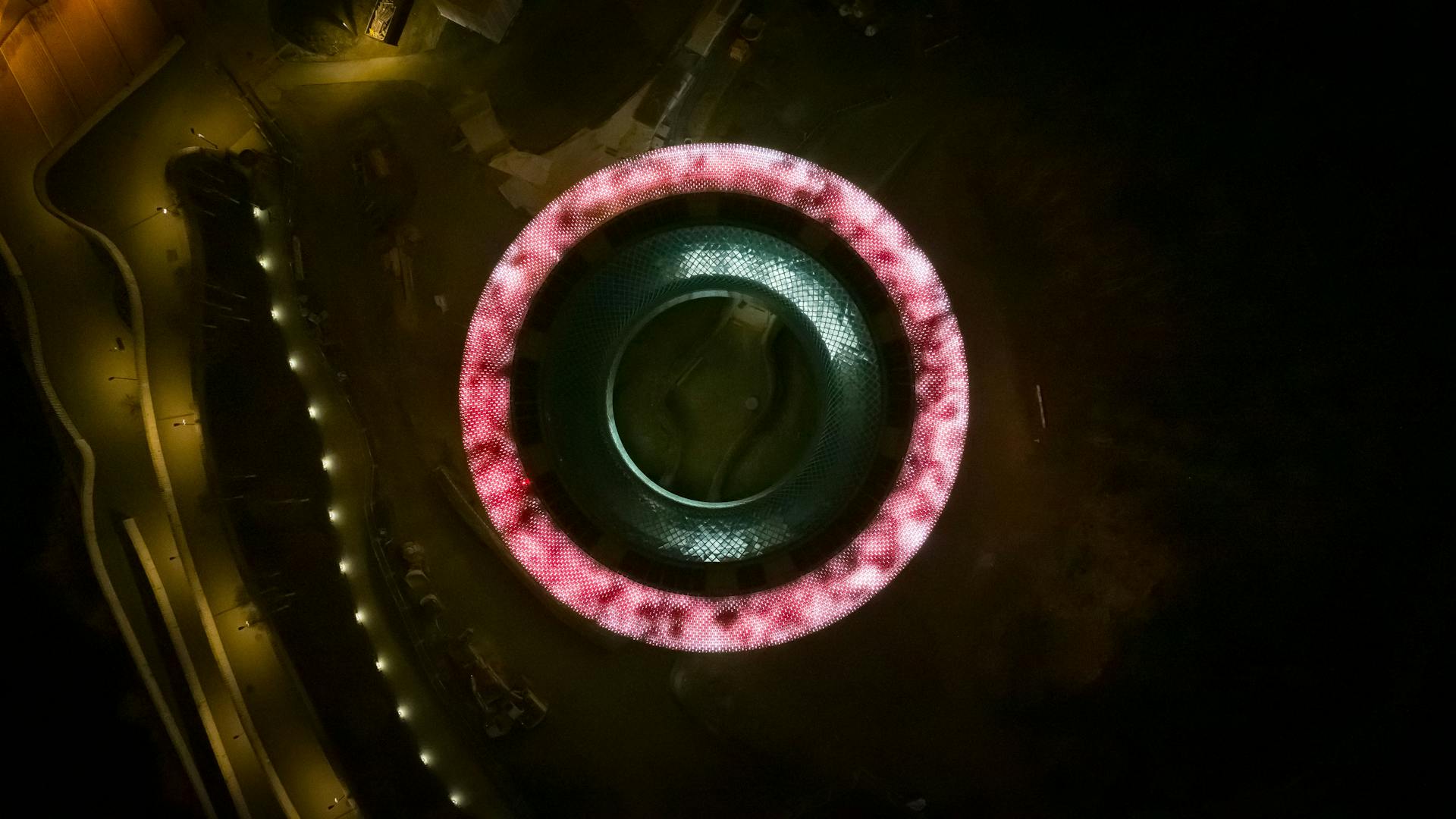
Veteran scientist Pascale Burtin...
 Table of contents
Table of contents Connecting to the public
Connecting to the public Burdening complexity
Burdening complexity Pedagogic drive
Pedagogic drivePublished on 31/05/2022
Pascale Burtin’s job as Head of Clinical Development Excellence at Novartis is all about knowledge transfer and experience sharing, a role to which she morphed almost naturally after a long and successful career that saw her work for over a decade on the development and launch of a major neurological medicine.
When the call came to participate in a video series for the Novartis Pavillon in which she and other associates could explain some of the industry’s intricacies, she not only readily accepted the offer but was happy to share her coaching experiences and professional skills with an outside public.
Others have joined her in this endeavor, including Nathan Mulure, Ronnen Roubenoff, Katie Worringer, Carien Dekker, Christopher Brain, MooJe Sung and Martin Mueller-Zsigmondy, who all work in different parts of Novartis, which employs more than 100000 associates in more than 100 countries worldwide.
“For me it was really a chance to talk about a part of my experience to a wider, non-professional audience, which seldom happened during my career,” explained Burtin, who had a background in medi-cine and pharmacology when she joined Novartis in the Translational Medicine department.
There, she spent nearly 10 years as she was able to bring a molecule through all the stages from early testing to the clinic and finally to the market. Such a journey is outstanding for a scientist as drug development is usually fraught with innumerable pitfalls.
For those who have gone through the myriad steps involved in developing a new therapy, the long journey holds countless lessons. “In many ways, drug development is really about constant problem solving and dealing with situations that no one can plan for,” Burtin says describing her take on the industry.










